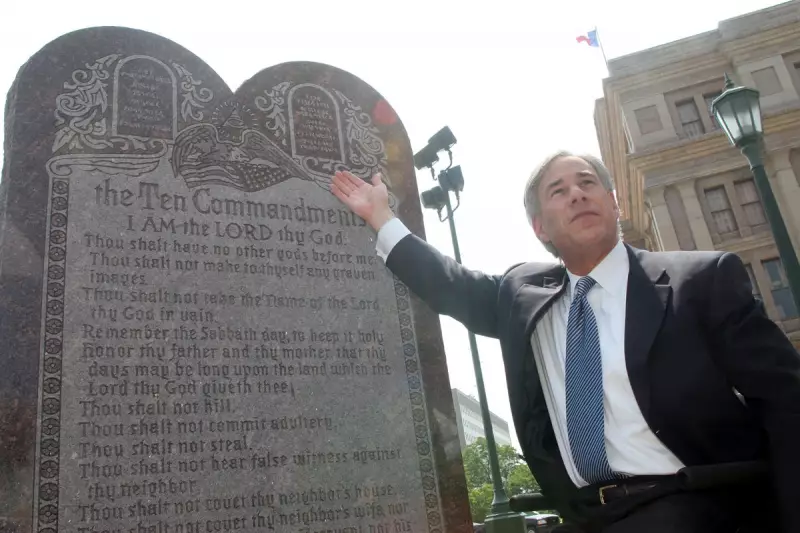
A federal court in Louisiana has delivered a significant blow to the state's controversial new education law, issuing a temporary injunction that blocks the requirement for all public school classrooms to display the Ten Commandments.
The ruling, handed down by US District Judge John deGravelles, comes just days before the law was set to take effect, preventing what critics argued would be an unconstitutional imposition of religious doctrine in state-funded educational settings.
Constitutional Concerns Take Centre Stage
Judge deGravelles found that the plaintiffs, comprising a diverse group of Louisiana parents and religious freedom organisations, had demonstrated a 'strong likelihood of success on the merits' of their case. The court expressed 'significant concerns' that the law violates the Establishment Clause of the First Amendment, which prohibits government endorsement of religion.
'The evidence establishes that the State of Louisiana lacks a genuine secular purpose' for mandating the displays, the judge stated in his 34-page ruling, suggesting the law's primary intent was religious rather than educational.
Contentious Legislation Sparks National Debate
Louisiana's Republican-backed legislation, signed into law by Governor Jeff Landry in June, required all public K-12 classrooms and state-funded universities to display posters of the Ten Commandments in 'large, easily readable font' by the start of the 2024 academic year.
Proponents argued the displays would provide crucial 'moral guidance' to students and emphasised the historical significance of the Commandments in American legal traditions. However, opponents immediately challenged the law as a clear violation of the constitutional separation of church and state.
Legal Battles and Historical Precedents
This legal challenge echoes the landmark 1980 Supreme Court case Stone v. Graham, which struck down a similar Kentucky law requiring Ten Commandments displays in public schools. The Supreme Court ruled then that such mandates lacked 'a secular legislative purpose' and thus violated the Establishment Clause.
Legal experts suggest Louisiana's legislation faces an uphill battle given this precedent, though conservative lawmakers hope the current composition of the Supreme Court might reconsider earlier rulings.
What Happens Next?
The temporary injunction maintains the status quo while the court considers the full merits of the case. Both sides are preparing for a lengthy legal battle that many expect will eventually reach the Supreme Court.
This ruling represents the latest development in America's ongoing cultural wars over the role of religion in public life and education—a debate that shows no signs of abating as similar legislation is considered in other conservative-led states.





